Humans
Sign up for our newsletter
We summarize the week's scientific breakthroughs every Thursday.
-
 Astronomy
AstronomySeeing very far away and hitting closer to home
Editor in Chief Nancy Shute discusses the first-ever image of a black hole and what can be done to help young children with anxiety.
By Nancy Shute -
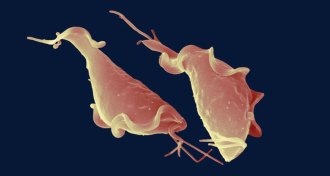 Health & Medicine
Health & MedicineHow an obscure sexually transmitted parasite tangos with the immune system
Scientists are working out how Trichomonas vaginalis, one of the most prevalent sexually transmitted infections, causes problems in women and men.
By Amber Dance -
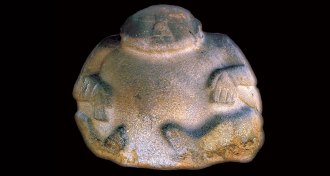 Archaeology
ArchaeologyAncient sculptors made magnetic figures from rocks struck by lightning
Carved ‘potbelly’ stone sculptures suggest people in what’s now Guatemala knew about magnetism more than 2,000 years ago.
By Bruce Bower -
 Psychology
PsychologyWhen anxiety happens as early as preschool, treatments can help
Researchers are seeking ways to break the link between preschool worries and adult anxiety.
By Sujata Gupta -
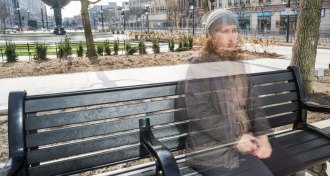 Science & Society
Science & Society‘Invisible Women’ spotlights a gaping and dangerous gender data gap
‘Invisible Women’ explains how neglecting to collect or use data on women harms their health and safety.
-
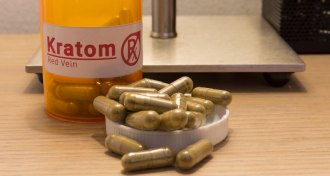 Neuroscience
NeuroscienceThe herbal supplement kratom comes with risks
The supplement kratom can cause heart racing and agitation.
-
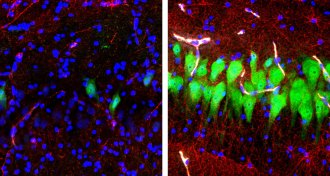 Neuroscience
NeuroscienceDead pig brains bathed in artificial fluid showed signs of cellular life
Four hours after pigs died, the animals’ brain cell activity was restored by a sophisticated artificial system.
-
 Health & Medicine
Health & Medicine‘Added sugar’ food labels may prevent heart disease and diabetes
Nutrition labeling changes that highlight sugar added to food or drink may have large benefits for public health, researchers say.
-
 Archaeology
ArchaeologyNewly translated Cherokee cave writings reveal sacred messages
Cherokee inscriptions highlight the tribe’s rituals nearly 200 years ago in what’s now a tourist cave in Alabama.
By Bruce Bower -
 Health & Medicine
Health & MedicinePeople with stress disorders like PTSD are at higher risk of heart disease
Those coping with psychological trauma have a greater risk for cardiovascular disease, a large-scale study that goes beyond men and veterans finds.
By Maanvi Singh -
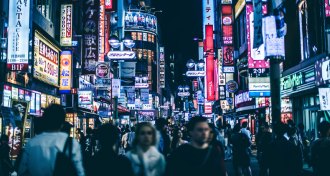 Archaeology
Archaeology‘Cities’ reveals common ground between ancient and modern urban life
In the book ‘Cities,’ archaeologist Monica Smith sees the positives in past and present metropolises.
By Bruce Bower -
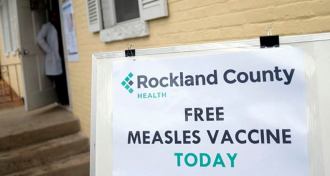 Health & Medicine
Health & MedicineU.S. measles outbreaks show no signs of slowing down
This year’s measles cases have blown by 2018’s total, raising the specter that the disease could once more become endemic in the United States.